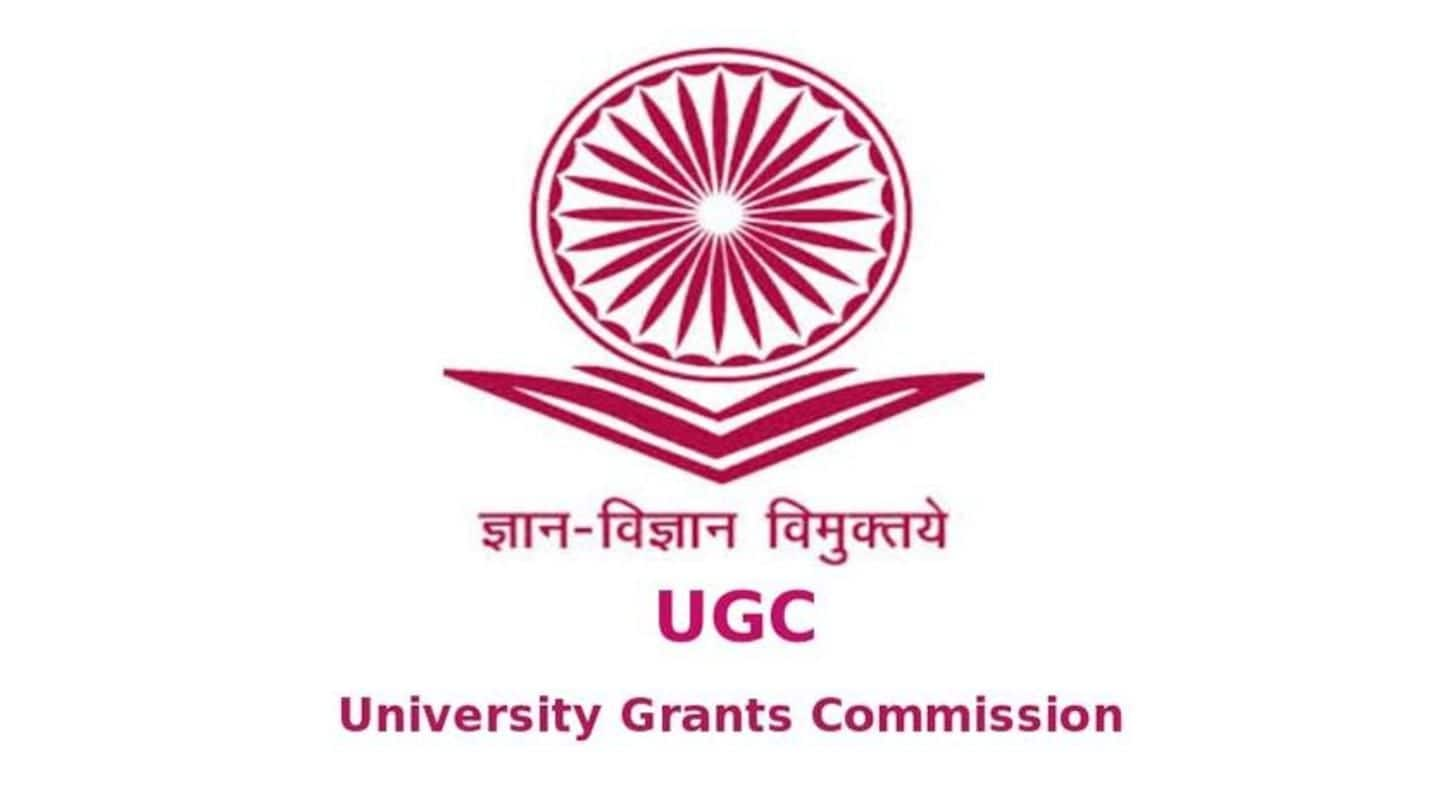
UGC: Autonomy for 9 new universities, St. Stephen's left out
What's the story
On Thursday, the University Grants Commission (UGC) at its Full Commission meeting granted graded autonomy to 9 deemed universities, and also approved online degree, diploma, and certification programmes from this academic session.
However, St. Stephen's College and Hindu College weren't granted autonomy and the issue was deferred.
Meanwhile, Delhi University Teachers Association (DUTA) continued their protests against the imposition of 'forced autonomy'.
Here's more.
Information
Some big names among those granted autonomy
Among the 9 deemed universities which were granted autonomy are the Birla Institute of Technology and Science, Pilani; Tata Institute of Fundamental Research, Mumbai; Indian Institute of Foreign Trade, Delhi, Indian Agricultural Research Institute, Delhi; Jawaharlal Nehru Centre for Advanced Scientific Research, Bengaluru, among others.
Details
DU Act 1922 stops the UGC's autonomy plans
The decision on the autonomy of St. Stephen's College and the Hindu College was deferred owing to legalities.
Earlier, HRD minister Prakash Javadekar had met stakeholders of the two colleges, and had been informed that under the Delhi University Act, 1922, no constituent college of DU can be granted autonomy.
Reportedly, sources have said that the MHRD and UGC are now considering legal consultation.
Quote
DUTA president thinks the issue is far from over
"This last minute change in the agenda of the Full Commission meeting is owing to continuous protests. This deferral is, however, no guarantee against the government's plan to privatize its premier public-funded higher educational institutions," said DUTA President Rajib Ray.
DUTA protests
DUTA continues protest against 'forced autonomy'
DUTA members protested outside the UGC building as the meeting was going on.
When informed that the issue of granting autonomy to St. Stephen's College and Hindu College was dropped from the meeting's agenda and deferred, DUTA only hailed it as a minor victory.
DUTA holds that forcing autonomy on colleges would transfer premier publicly-funded institutes into extremely commercial, exclusionary 'teaching shops'.
Quote
Why not create new autonomous colleges?
"The question is not why create autonomous colleges, but why turn public-funded colleges into autonomous colleges. Why is the ministry not establishing more autonomous colleges on its own," said Pankaj Garg of the DU academic council, questioning the intention behind forced autonomy.
Online courses
The new rules on online courses
Meanwhile, under the new rules, only higher education institutes aged five years and above, with a NAAC accreditation score of 3.26+ out of 4, and a rank in top-100 in overall category in the NIRF for at least two years in the previous three years, are eligible for starting online courses.
Institutes can only offer courses which are already offered at the graduation level.